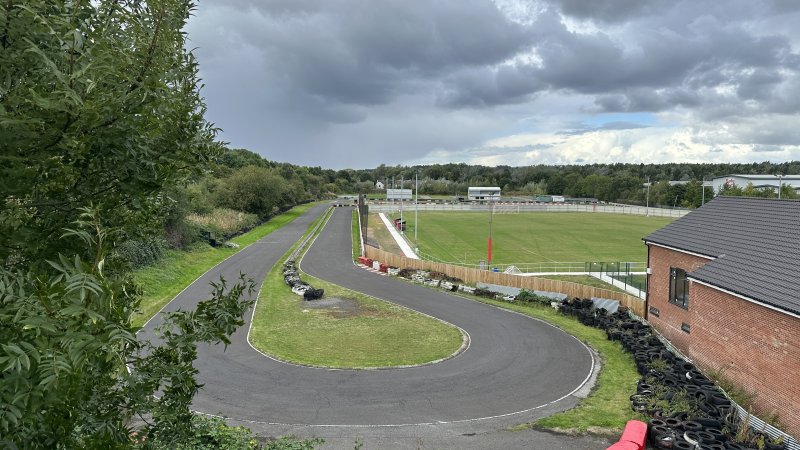BARNSLEY Council is not on track to meet its ambitious net zero carbon goal and a ‘significant amount’ of work is needed as the scheme has not been as impactful as anticipated, bosses have confirmed.
The local authority declared a climate emergency in September 2019 and set out a plan to become net zero carbon in its operations by 2040 and to support the whole borough to follow suit just five years later.
Net zero - which means that any greenhouse gas emissions produced will be reduced as far as possible, with any remaining emissions offset - has been a huge part of the council’s aspirations.
Active travel, improved energy efficiency across its estate, electric vehicle usage and new heating networks have all been prioritised, with millions already spent.
Although bosses have made progress toward the goal, a report - set to be discussed by a scrutiny panel on Tuesday - revealed that it has met some challenges in the ‘absence of clear policy, legislation and access to suitable funding’.
The authority says its current trajectory shows that it is ‘not on track to meet the targets originally proposed’ and has been ‘unable to be as impactful as anticipated’.
It said: “Over the last five years, when it comes to the climate and sustainability, the council has seen a shift from winning hearts and minds to seeing people taking a proactive approach in both their home and work life to ensure what they do has a positive sustainable impact on the economy, environment and society.
“Sustainability is now the new normal and research suggests that those organisations that prioritise the environment in their decision-making experience better growth and profitability.
“The organisation has identified a corporate risk that has identified that the present delivery performance trajectory shows we are not on track to meet the targets originally proposed.
“Associated actions that are in the control of the council and its partners have been put in place to mitigate this risk and we are working to identify best practice and gain assurance on key elements of work.
“In this complex operating environment, difficult strategic decisions have had to be made on where to prioritise resources and spend, to ensure that our residents’ most basic human needs are met, such as the cost-of-living crisis.
“Due to the departure of staff, movement of key resources into other service areas and absence of central government funding, an appropriate and suitable feasibility and enabling fund to facilitate project development was never identified or allocated, resulting in the team operating with minimum resources (five to an organisation of 3,500 staff).”
However, the council did reduce its electricity consumption by eight per cent between April 2022 and April 2023 and in the same time period also reduced its gas consumption by ten per cent.
“Like most organisations where a climate change function exists, the team has had challenges to get the support and buy-in of the whole council, not through lack of want or willingness, but mainly due to services prioritising the delivery of statutory functions and lack of clarity on simply where to start,” the report added.
“Also, the absence of clear remit and direction due to the developing and changing nature of the roles required to deliver on the climate emergency has meant that the team has had to constantly adapt and change and work through complexity.
“It is to be noted that this scenario is not unique to Barnsley - others in similar roles are still very much on a learning journey.”



























